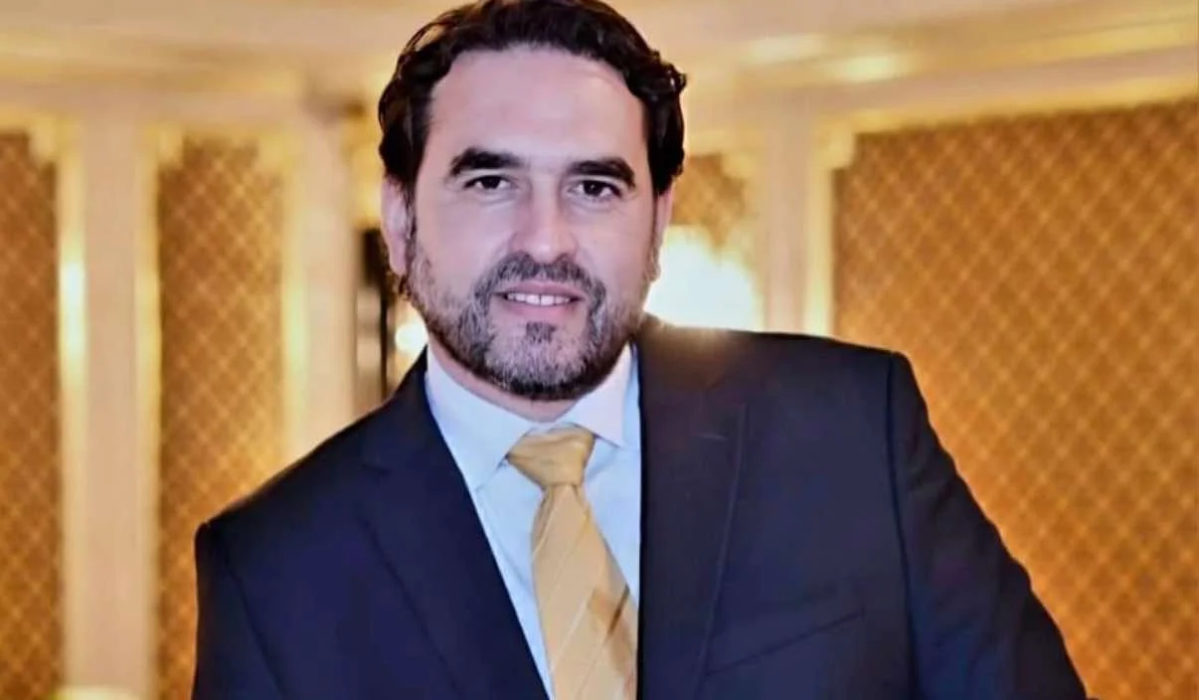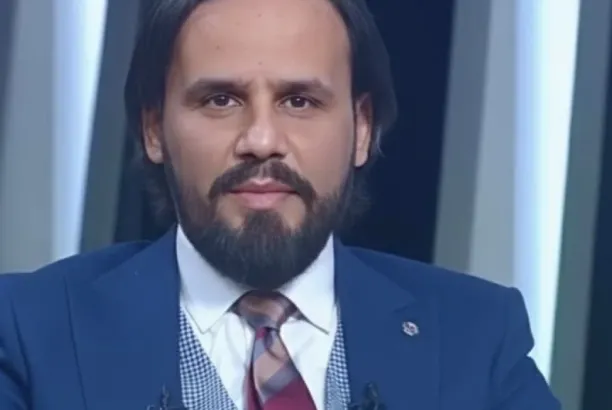
| News
Al-Shhibi: “Clearing Between Central Bank Branches in Tripoli and Benghazi Exceeds the Board’s Authority – Here’s Why”
Banking expert Dr. Houssem Al-Shhibi commented on his official Facebook page regarding the decision of the Central Bank of Libya’s Board of Directors to activate a unified clearing system between its Tripoli and Benghazi branches.
He stated that this decision, made at the Board’s first meeting, is a positive indicator of the Board’s intent to repair damage caused by political divisions over the past decade. However, he noted several points:
“First: This decision has been repeatedly announced on various occasions, most notably following the formation of the Government of National Unity and a meeting between Mr. Al-Hibri and Mr. Al-Kabeer, but it has not yet been implemented.
Second: Benghazi has two systems within the Central Bank. The first is the original system housed at the branch on Agency Street, separated from the main system by Mr. Al-Kabeer in 2014 for political reasons. While this system can be reactivated, it only reflects the bank’s accounts as they were in 2014.
The second system was created after the division and operates independently of Tripoli’s system, accurately reflecting Benghazi’s Central Bank budget, including bank balances.
Third: Merging the two systems, or in accounting terms, consolidating the two banks’ budgets, faces technical issues due to differences between Benghazi’s and Tripoli’s general ledger and accounting systems.
Additionally: While it may seem like a simple banking measure, achieving clearing unification actually exceeds the Central Bank’s authority. For effective clearing, bank balances must be transferred from Benghazi’s budget to Tripoli’s, which would require shifting corresponding debt items into Tripoli’s budget. The issue is that the banks’ balances at Benghazi’s branch are offset by a public debt exceeding 90 billion dinars. This consolidation requires political willingness from both sides of the political divide to unify and legitimize this debt as a single Libyan public debt.”
He added: “Historically, I was assigned after the Geneva Agreement and the establishment of the Government of National Unity to follow up on this matter, but I found no political will to take this step. I believe this decision goes beyond the capabilities and mandate of the Central Bank’s Board of Directors. I hope the political decision-makers, especially the House of Representatives and the State Council, assume their responsibilities to allow the Board to fulfill its duties and deliver the long-awaited results to citizens.”





